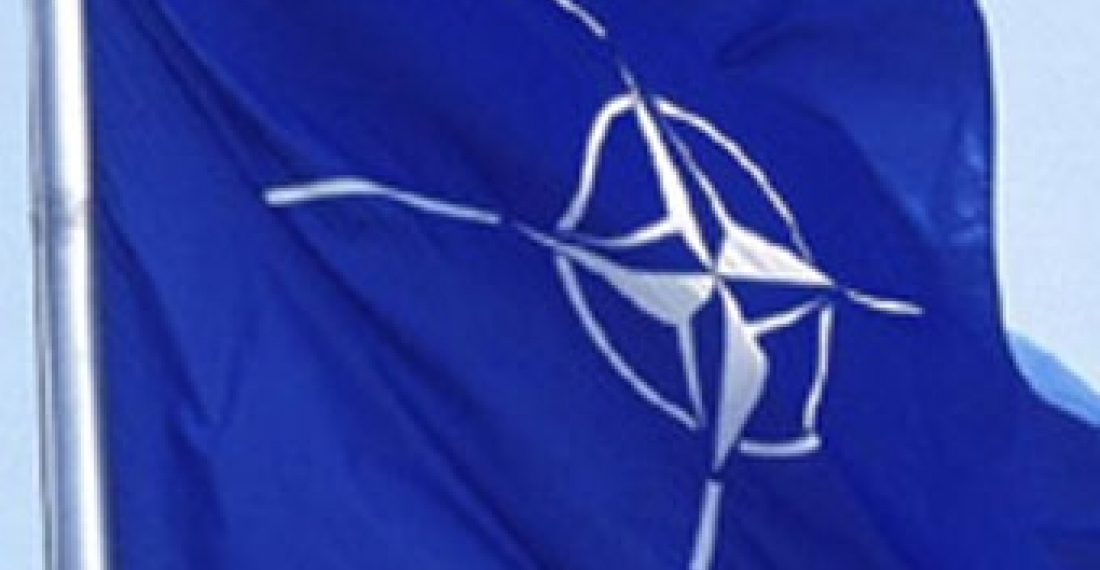Armenian Defense Minister Seyran Ohanyan met with his Azerbaijani counterpart Safar Abiyev during his visit to Brussels.
The press service of the Armenian Defense Ministry told ArmInfo that Ohanyan drew Abiyev's attention to the latest ceasefire violations on the NKR-Azerbaijani contact line by the Azerbaijani armed forces.
On October 5 Ohanyan met with Special Representative of NATO Secretary General for the South Caucasus and Central Asia James Appathurai. In particular, the meeting covered issues related to the Armenia-NATO Individual Partnership Action Plan, the reforms in the
sphere of defense and NATO's support in this matter. Ohanyan pointed out NATO's balanced policy in the region, particularly, in the
process of resolution of conflicts.
Ohanyan also held a meeting with Admiral James Stavridis, NATO's Supreme Allied Commander for Europe (SACEUR). The latter welcomed the Armenian detachments' participation in NATO's peacekeeping missions in Kosovo and Afghanistan, and highly estimated their preparedness and professional skills.
On October 6 Ohanyan attended the sitting of defense ministers of the NATO member countries and partners in the format of the states participating in the international forces' operations to ensure security in Afghanistan.







